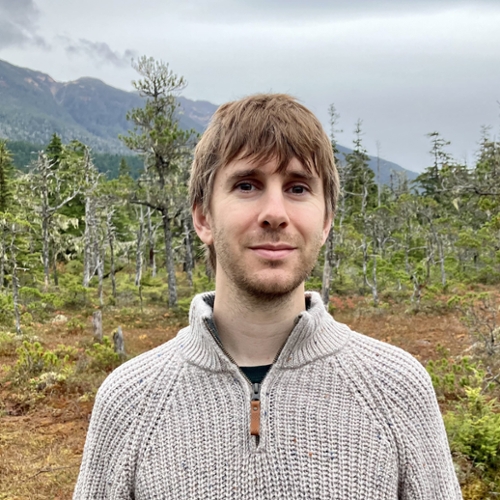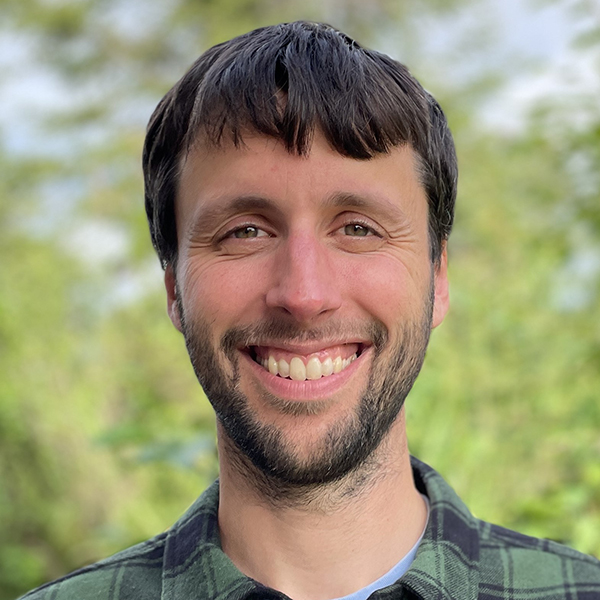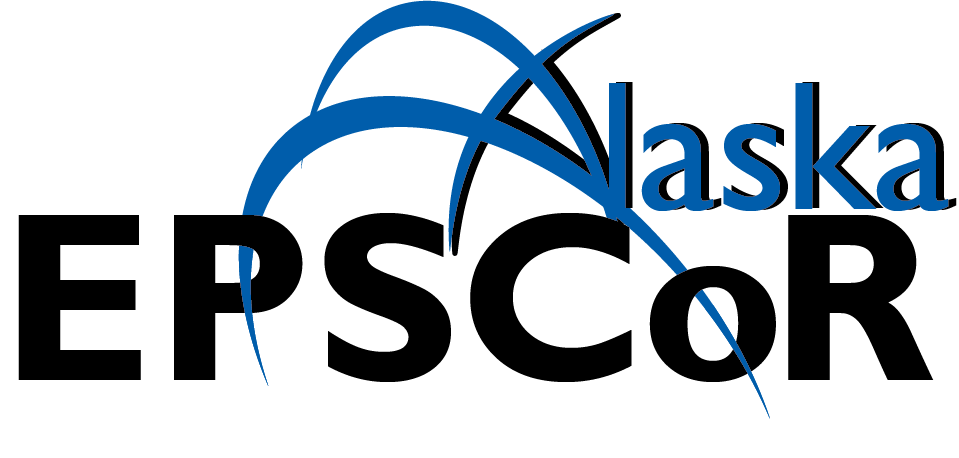Economic Development Seed Award Projects
The Interface of Change project allows for flexibility to incorporate new directions by offering funding for new side project ideas that branch off of the mission and vision of Interface of Change. Below are the recipients of Interface of Change economic development seed awards. Click here to see current Alaska EPSCoR award opportunities.
Jason KuhnFaculty, Department of Natural Sciences 2025 Economic Development Seed Awards |
 |
|
Project Title: Molecular detection of Harmful Algal BloomsProject Overview: This project tackles Paralytic Shellfish Poisoning (PSP), a threat caused by neurotoxin-producing Harmful Algal Blooms (HABs) that accumulate in edible shellfish. Detecting these toxic plankton is currently challenging due to the limitations of light microscopy, hindering the ability of coastal communities and mariculturists to monitor risks. To address this, the project aims to develop sensitive and rapid molecular detection methods (qPCR) for toxic HAB plankton, which could significantly improve monitoring and support affected communities, particularly in coastal Alaska. |
|
Gabriel GrayUndergraduate, Department of Chemistry and Biochemistry, CNSM 2025 Economic Development Seed Awards |
|
|
Project Title: Alaskan kelp in the production of 3D printable PLA plasticProject Overview Mariculture is an emerging industry in Alaska, primarily focused on the production of sustainable seafood. Expanding the industry beyond seafood could be greatly beneficial for Alaska while maintaining the environmental benefits of sustainable mariculture. 3D printing is a rapidly growing technology and is uniquely useful in rural Alaskan communities where shipping costs and times make it desirable to have the freedom of manufacturing from home. The most common 3D printer filament is called polylactic acid (PLA), which is typically produced starting from the fermentation of natural sugars. Kelp species farmed in Alaska have a high sugar content and would be an excellent starting material for the production of PLA bioplastics for 3D printing and beyond. Establishing methods to make PLA from Alaska grown kelp could continue to support sustainable kelp mariculture (a process which removes excess carbon dioxide and nutrients from the ocean) while expanding the mariculture industry. |
Chandler KempFaculty, Department of Natural Sciences 2025 Economic Development Seed Awards |
 |
|
Project Title: Safe and Efficient Kelp Line HaulageProject Overview: Presently, kelp lines are hauled using hydraulic systems powered by diesel engines. Farmers install small diesel engines to power hydraulic pumps on their vessels that run continuously while hauling lines and setting anchors. The loud generators running all day contribute to fatigue and detract from the work environment for farmers. The generators also introduce an extra maintenance item and potential for fuel spills onto the boat. The diesel powered hydraulics are inefficient because the engines run all day, even though the load is intermittent. Our goals will demonstrate that kelp lines can be hauled using an electric system, determine the level of interest in this type of system in the fleet, and identify barriers to adoption. |
|

